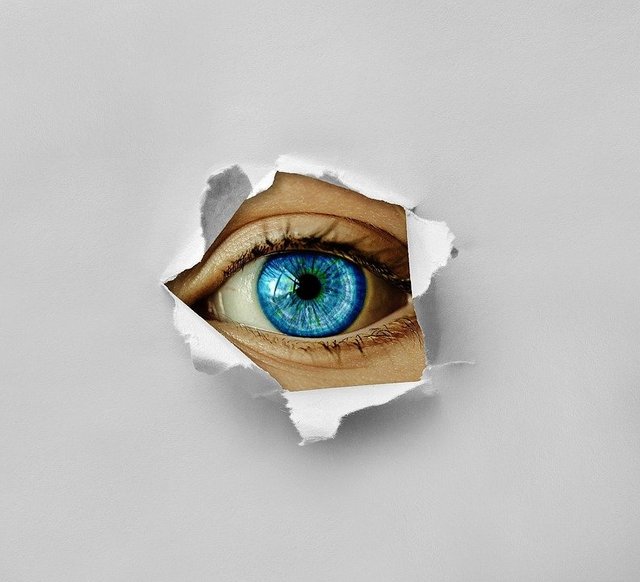Seeing through the illusions of our senses

I would like to talk today about the concept of "appearance", and by extension, also talk about the concept of "illusion". Because I think people are often confused about what these things mean, especially when it comes to metaphysics. I have heard people say, for example, that since the physical world is illusory or apparent — because those are the usual adjectives used — then the physical world is somehow less real, or practically non-existent. I don't think so. I think this conception is the product of a misinterpretation. When it is said that we live in a world of appearances, it is referring to the fact that the world in which we live appears to be something that it is not. It appears to be something, but it is something else. Not that it is less real. For example, in the world we live in, everything that exists forms a complete unity. All is one. This can be easily proved, and I think Parmenides has some very good arguments about it, but I won't go there. In any case, despite the fact that everything is in unity, when we perceive the world, for example, when we see, there does not seem to be unity but multiplicity. It seems that all things are independent, that all people are separate from each other, and that there are many different things, and not one. So the world, despite being one, appears to be millions of things. It is a world of appearances. The physical universe is not less real by this in any way, nor is it non-existent, the only thing that is "less real" is the wrong idea that we have in our head if we perceive it superficially. The world exists and it is real, it just isn't what it appears to be. Therefore, we must be very careful when selecting the words that we are going to use when talking about topics like these.
In fact, the whole conception that the material world is less real is, perhaps, fundamentally wrong, because, well, it speaks of reality in degrees. Things cannot be any less or more real. Either they are real, or they are not. Either they exist, or they don't exist. There is no intermediate state, nor are we talking about a spectrum. Of course, there are different forms of existence, but none more real than another.
When we speak of "illusion" we are talking about something that is wrongly perceived or misinterpreted by our senses. It's like when we see those images that are completely still, yet seem to be moving. The fact that we mistakenly perceive the image (or reality) does not mean that it is less real, because it is only our perception that is wrong. In fact, what makes the world illusory and appear to be something it is not is nothing but our limited sensory perception. That is why when we can transcend it through our understanding, we are able to see beyond the veil of appearances, and to overcome illusion. I talked a bit more about that in this post. Basically, I would not say that the world really is illusory, but rather that our perception creates the illusion.
Now, appearances are important too, because practically everything we perceive through our bodily senses are appearances. When you see other people, you only see their appearance, you don't see their brain, you don't see their heart, you don't see their other organs, you only see their exterior, their facade. And even if you could see all these organs, muscles, etc., you would not be able to see their mind or soul, you cannot see that with your eyes or hear it with your ears, for that it requires more than our bodily senses. So, we find ourselves in this difficult situation in which we only perceive appearances, but we have to work a little to be able to see through them and to know the truth. We have to understand that most of the time, things are not what they appear. Otherwise, we will be relegated to ignorance and will fall prey to falsehood.
I have some other thoughts about how much appearances influence the society we live in, but maybe I'll save that for another time. For now, we only need to reflect on the limitations of our senses and the illusion that this generates when perceiving reality.
Image Source: 1
